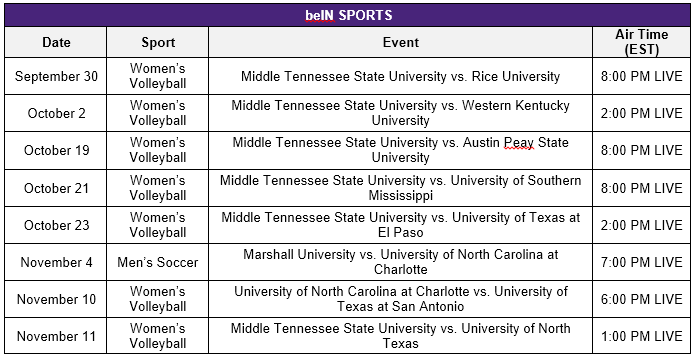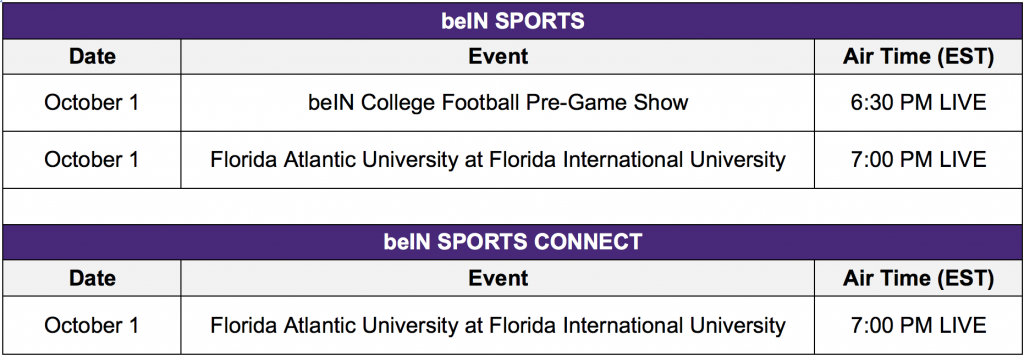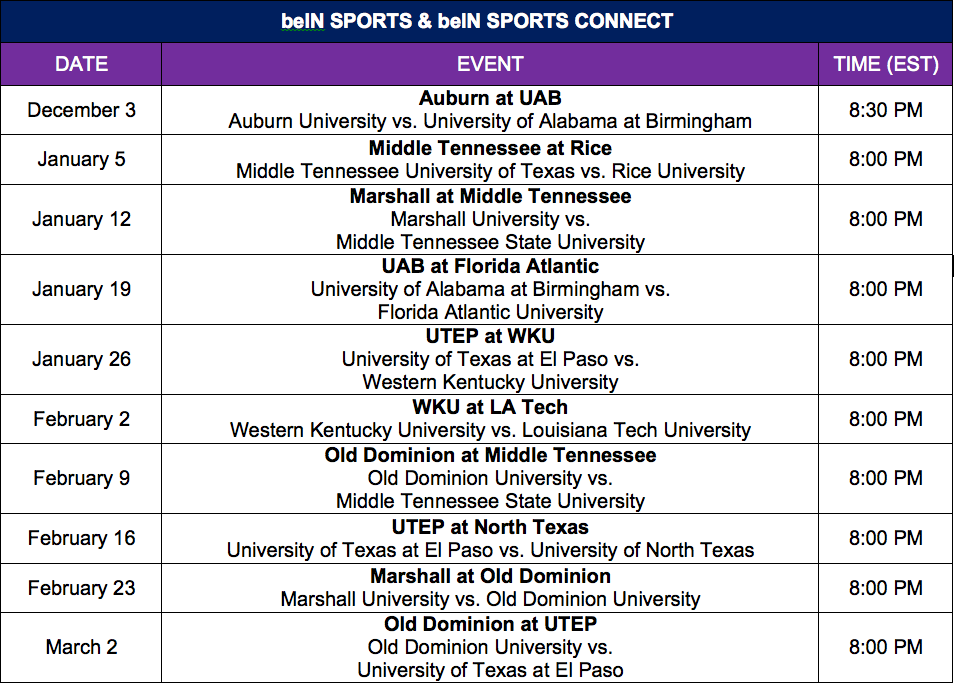

Berkeley, CA and Wellington, New Zealand – Go Overseas and Education New Zealand have announced the winner of their 3rd annual full-tuition scholarship to study abroad in New Zealand for a semester. Alicia Cotsoradis, a junior biochemistry major at DePauw University in Greencastle, Indiana, found out that she has won the $15,000 (USD) scholarship towards semester tuition and accommodation stipend.
With this scholarship, she will have the opportunity to gain a world-class education, make lifelong friendships, have unbeatable experiences and learn new ways of thinking – all for free. In addition, STA Travel will be sponsoring the student’s round-trip flight.
Originally from Lawrence, Kansas, Cotsoradis who plans to eventually study medicine, wrote in her application, “I chose to study abroad in order to eventually make me a better doctor. My patients will have such a large array of backgrounds, and during this semester abroad I want to work to know cultures other than my own so I can better my empathy skills and set myself up for success.”
She continued, “Specifically, I chose New Zealand because it represents a culture of imagination and an appreciation for all things beautiful. Between the incredible scenery, the love for adventure, and a culture based on long standing traditions, New Zealand holds all the elements necessary for me to explore myself and merge my science background with more hands on skills that will help me later in life.”
Representatives from Go Overseas and Education New Zealand traveled to the DePauw University campus in Greencastle, Indiana, to deliver the news.

Photo of Alicia Cotsoradis, a junior biochemistry major at DePauw University in Greencastle, Indiana, who is bound to New Zealand.
Alanna Dick, Field Director for North America for Education New Zealand, said, “After meeting Alicia and her family and friends at the DePauw campus, I am even more excited for Alicia to start her semester in New Zealand. Alicia’s drive to become a better doctor by experiencing New Zealand culture and meeting people from diverse backgrounds is inspiring and we are excited to be able to support her dream and follow her on this journey.”
The two past winners of the scholarship have had incredible adventures during their semester abroad in New Zealand. The 2014 winner was Emma Faucher of Castleton University in Vermont. Last year’s winner, Colin Murchison, of Wheat Ridge, Colorado, from the University of Arkansas has extended his stay and launched a blog called Adaptography with the goal of promoting cultural, financial and environmental sustainability through multiple forms of artwork including photography, videography and the written word.
Murchison said, “During my semester here, a passion and drive was lit inside me, and I knew I needed to do whatever I could to promote and educate others on environmental, cultural, and financial sustainability. To do so, I went through much self-evaluation and determined a way to best utilize my skill sets, ultimately creating Adaptography.com.”
“We’re incredibly excited that the New Zealand government shares our enthusiasm about international education and it’s so rewarding to offer such a meaningful scholarship,” says Mitch Gordon, Co-Founder and CEO of Go Overseas. Safe, culturally diverse and outstandingly beautiful, New Zealand is ranked in the top 10 countries in the world for its higher education and training.
The paperless scholarship application is unlike a traditional essay format. The goal is to get students engaged and excited about New Zealand from the get-go so even if they don’t win the scholarship, they will still be invested in studying abroad. Students can find information about the prestigious New Zealand universities they can attend, as well as learn about what it’s like to live in the island nation. During the application, students can choose whether they’d like to apply for Spring, Summer or Fall terms. They can also select up to three programs, either directly through a university or a study abroad program provider. The final step is to submit a high quality essay and New Zealand themed photo. The application for next year’s scholarship opens in late August on the GoOverseas.com website.
About Go Overseas
Go Overseas has a mission to empower everyone to engage in meaningful travel. Peer reviews, interviews, articles, and more help people make educated decisions on their travel programs. Go Overseas strives to provide reliable resources for our nearly 1 million monthly visitors so they are inspired to travel with a purpose.
About Education New Zealand (ENZ)
Education New Zealand’s primary role in student recruitment is to market New Zealand as an education destination to international students. Through their research and marketing programs, collaboration with international education partners and involvement in student recruitment and business development initiatives, ENZ aims to help their industry achieve growth. They have staff in 18 overseas locations and their head office is in Wellington.
Contact Information and Social Media Links
Mandi Schmitt, PR & Special Projects Director, Go Overseas
Mandi@GoOverseas.com | +1 (410) 533-9987 | @Mandi_Overseas | LinkedIn
Go Overseas: Facebook | Twitter | YouTube | Google+ | LinkedIn
Deborah Pleva, Weinstein PR for Education New Zealand
Deborah@WeinsteinPR.com | +1 (503) 250-4750
Education New Zealand: Facebook | Twitter | YouTube
###












